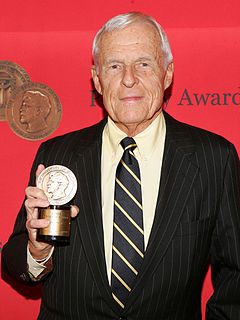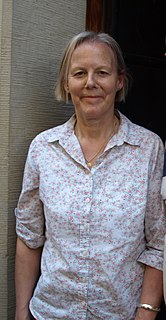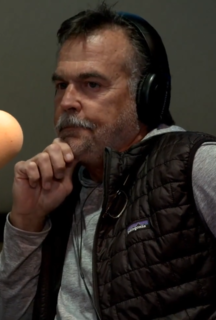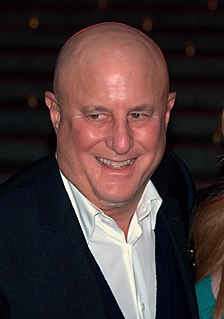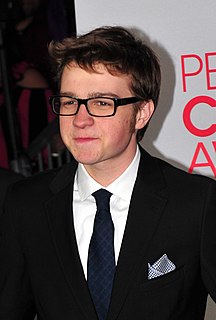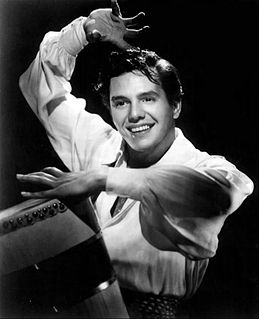A Quote by Grant Tinker
I'm not a big believer in slavishly following research. It's one of the things that's wrong with television is that if you throw the whole - the decision-making process to the research department, you're not making any instinctive, visceral judgments about programs, which are show business.
Related Quotes
In management terms, directing opera certainly prepares you for a film set: the magnitude of it, the experts in other fields that you have to call on. Both are massive ensemble jobs in which there's incredible pressure to get things done on time and on budget - so much so that making the wrong decision may be better than making no decision at all.
I've never like had a system or a program, I always think that I don't know how to act. I'll adapt to any director because I don't really have a set way that I do things. If a director hires me and says, "I want you to get started right now and do this research, this research, this research and I want you to have every line memorized before you ever show up for the first day," then that's what I'll do.
Research is an expression of faith in the possibility of progress. The drive that leads scholars to study a topic has to include the belief that new things can be discovered, that newer can be better, and that greater depth of understanding is achievable. Research, especially academic research, is a form of optimism about the human condition.
